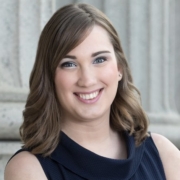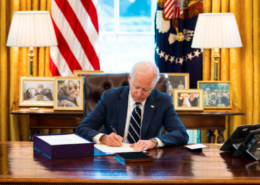Community Care Sites
Problem
Wyoming is more than just rural – it is a frontier state that lacks the larger scale infrastructure common in other states. Wyoming lacks a coordinated statewide healthcare system. There is no statewide university system. Opportunities can be scarce for advancement, and women in particular face many barriers to self-sufficiency. Women face hurdles to entering and remaining in the workforce and communities struggle to offer enough child care to meet the demands. When child care is available, affordability is a challenge. Communities are not only isolated but also dispersed, making available infrastructure largely inaccessible. Compound this with a high gender wage gap, workforce recruitment challenges, and a volatile economy subjected to the boom-bust cycles of the energy industry.
Solution
Co-locating child care facilities with community college and agriculture extension offices in communities around Wyoming to create a network of Community Care Sites. This will support affordable child care for parents – especially women – who wish to return to school or work. This will support the growth of an early education workforce to ensure quality and sustainability as students in early education programs can work at the child care facilities. It will attract businesses to the state, helping to diversify Wyoming’s economy, and it will support economic growth as women are able to return to the workforce. Co-locating the facilities also helps expand the idea of institutions of learning as centers for community growth and assists with the often-prohibitive infrastructure costs of building or renovating a site into a code compliant child care facility. It can facilitate easy access to high speed internet for individuals and families that still need those final miles of broadband. It is an opportunity to complete the education circle.













